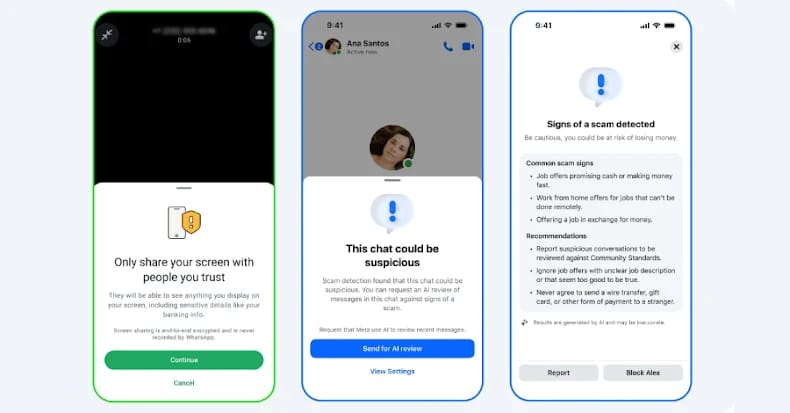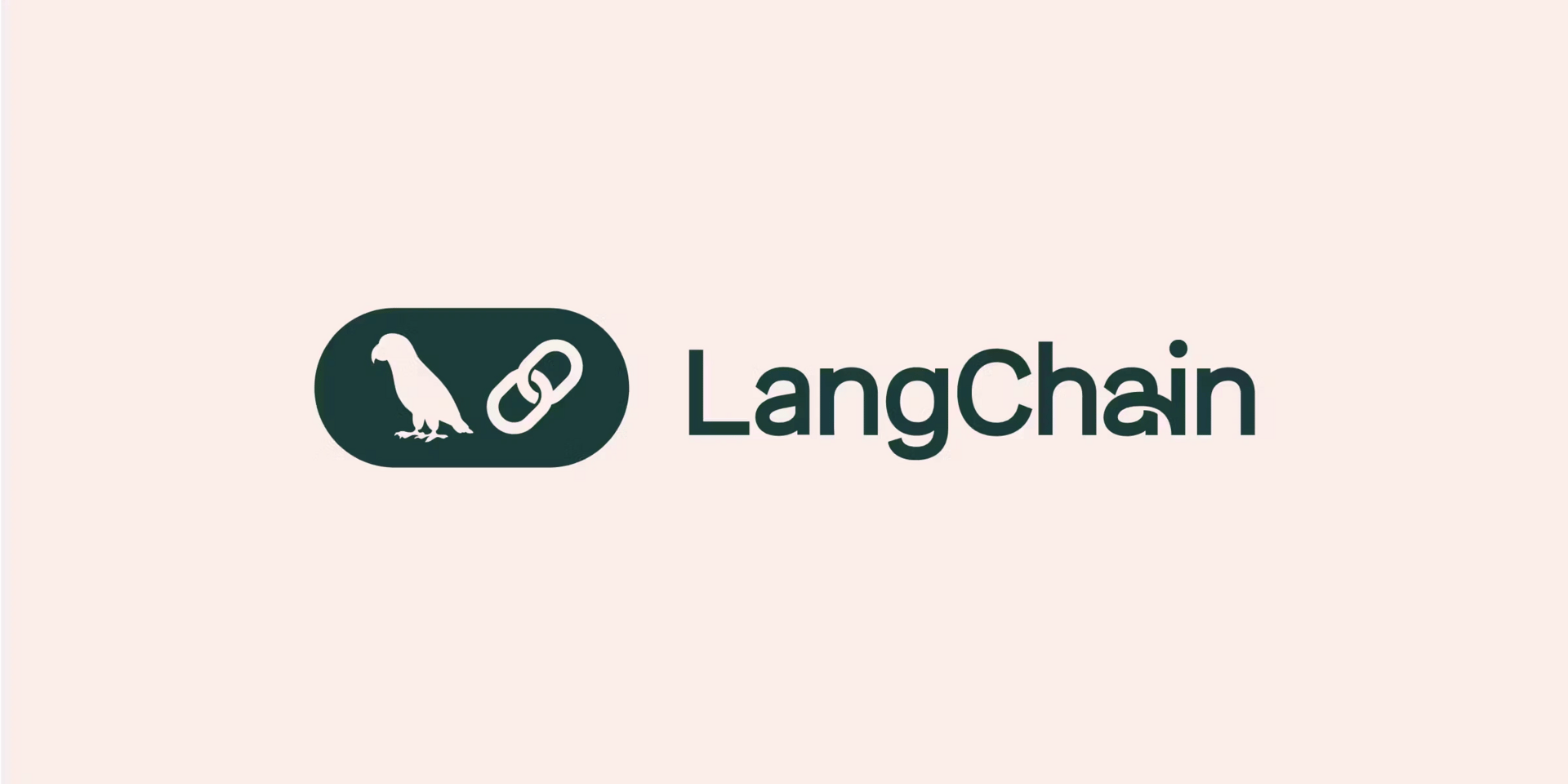- Tech Barista
- Posts
- OpenAI builds its own AI browser
OpenAI builds its own AI browser
The new AI powered browser blends ChatGPT with the web letting users browse summarize and act in one seamless experience as the AI browser wars officially begin
☕ Good morning,
Watching OpenAI launch a browser feels like witnessing the endgame of a strategy that's been telegraphed for years. First you build the AI that everyone uses, then you build the tools around it, then you build the platform that connects everything, and finally you build the browser that becomes the gateway to the internet itself.
It's vertical integration dressed up as innovation, and honestly, it's probably inevitable.
—Here’s to the first sip.
TODAY IN AI
OpenAI launches its own browser

Credits: OpenAI
OpenAI just launched ChatGPT Atlas, its new AI-powered web browser, and it’s clearly gunning for Google. It’s available now on macOS, with Windows and mobile versions on the way.
Atlas is more than a browser. It’s like having ChatGPT built straight into your internet experience. You can browse sites, summarize pages, rewrite text, and even let the AI handle tasks for you, things like booking flights, fixing emails, or editing documents. The big feature is Agent Mode, where ChatGPT can actually do things on your behalf instead of just answering questions.
The browser also remembers what you do to make things more personal, though you can manage or turn that off anytime. It even has a split-screen layout that keeps ChatGPT open next to whatever website you’re visiting, so it’s always within reach.
Sam Altman says this is how people will use the internet in the future less typing, more talking. And he’s not wrong. Between Perplexity’s Comet, Google’s Gemini in Chrome, and now Atlas, the AI browser wars are officially on.
If OpenAI can get even a chunk of its 800 million ChatGPT users to switch to Atlas, Google’s Chrome dominance could start to crack.
TECH BARISTA
Microsoft fixes Windows 11 recovery bug

Image: Clint Patterson/Unsplash
Microsoft just had to rush out an emergency fix for Windows 11 after its latest update accidentally broke something pretty important the Windows Recovery Environment (WinRE).
The October 14th update left users unable to use USB mice or keyboards while trying to recover or factory reset their PCs, basically locking them out of one of the most essential recovery tools. In short, if your PC crashed, you couldn’t even fix it.
The new patch, KB5070773, rolled out this week and brings back full USB support in WinRE for the latest 24H2 and 25H2 versions of Windows 11. Microsoft doesn’t usually drop “out-of-band” updates unless things are serious, but this one clearly was.
SECURITY THINGS
Meta rolls out new anti-scam tools

Meta’s adding new safety tools to WhatsApp and Messenger to help stop scam attempts before they happen.
On WhatsApp, you’ll now see a warning if you try to share your screen with someone you don’t know during a call. Scammers often use this trick to steal sensitive info like bank details or verification codes. On Messenger, there’s a new Scam Detection feature you can turn on in privacy settings. It flags sketchy messages from unknown people and lets you decide whether to report or block them.
If you allow Meta’s AI to review a flagged chat, it can tell you what kind of scam it might be, things like fake job offers, “get rich quick” schemes, or fake customer support. Meta says all this detection happens on your device, so your private chats stay encrypted unless you choose to share them.
This update comes after Meta shut down 8 million scam accounts this year, plus 21,000 fake Facebook Pages pretending to be customer service. Most of these scams come from organized groups in Southeast Asia running romance and investment frauds that target older users.
Meta’s also teaming up with the National Elder Fraud Coordination Center and other big names like Google and Amazon to fight back. It’s about time these scams ruin lives, and at least now Meta’s finally building tools that can warn people before it’s too late.
PRESENTED BY THE CODE
Tech moves fast, but you're still playing catch-up?
That's exactly why 100K+ engineers working at Google, Meta, and Apple read The Code twice a week.
Here's what you get:
Curated tech news that shapes your career - Filtered from thousands of sources so you know what's coming 6 months early.
Practical resources you can use immediately - Real tutorials and tools that solve actual engineering problems.
Research papers and insights decoded - We break down complex tech so you understand what matters.
All delivered twice a week in just 2 short emails.
GADGETS BARISTA
Samsung Galaxy XR headset is here

Image: Samsung
Samsung dropped its big answer to the Apple Vision Pro, the Galaxy XR. After months of teasing, it’s finally official, and yeah, it’s pricey at $1,800, but still half the cost of Apple’s $3,500 headset.
The Galaxy XR runs on Qualcomm’s Snapdragon XR2+ Gen 2 chip and features micro-OLED displays with 3,552 x 3,840 resolution per eye. It supports eye and hand tracking, so you can interact with menus and objects without controllers, though if you want them, they’ll cost you another $250. Battery life hits around 2 hours, and it’s noticeably lighter than Apple’s headset at 545 grams, which could make a big difference for comfort.
Samsung built this with Google and Qualcomm, so it runs on Android XR, complete with YouTube, Google Photos, Maps, and Gemini-powered tools like Circle to Search and a gaming coach. It can even turn flat videos into 3D “spatial” ones for a more immersive feel.
Basically, this is Samsung’s take on what a “usable” mixed reality headset should be high-end, powerful, and not insanely overpriced. Still not cheap, but at least now there’s a legit Android rival to the Vision Pro.
STARTUP BAR
LangChain raises $125M

Image: LangChain
LangChain just hit unicorn status after raising $125 million Series B at a $1.25 billion valuation. The round was led by IVP, with new investors like CapitalG and Sapphire Ventures, plus returning ones like Sequoia and Benchmark.
If you’ve been in the AI space, you already know LangChain it’s the framework that made it easier for developers to connect LLMs with data, APIs, and tools. What started as a small open-source project by Harrison Chase in 2022 has now evolved into a full platform for building AI agents, basically, smart systems that can think, act, and automate tasks.
The company calls this new phase “agent engineering.” And with this funding, LangChain’s rolling out a bunch of upgrades: LangChain 1.0, LangGraph 1.0, and LangSmith, a tool that helps test and monitor how agents behave in real-world scenarios. There’s also a no-code Agent Builder for people who want to create custom AI agents without touching code.
LangChain’s already being used by companies like Replit, Cloudflare, Cisco, and Workday, and the platform now sees over 90 million downloads a month. The mission is simple make AI agents reliable enough for real business use, not just prototypes.


